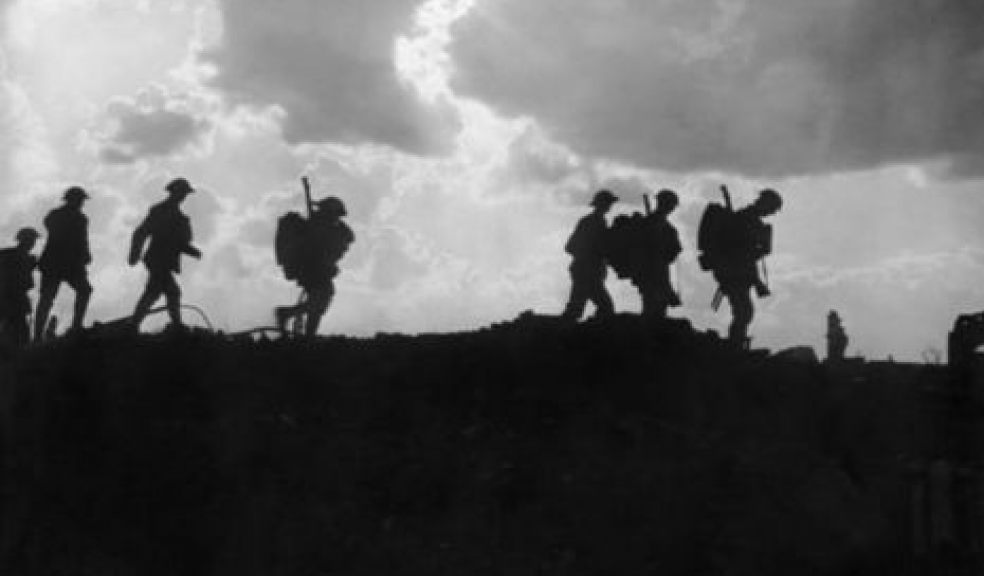
A century on, World War One is not forgotten
Research commissioned by The Times WWI Centenary Facsimile has revealed the British that the public has a good grasp on some key facts about World War One, but there are areas for improvement.
Nearly seven in ten (69%) people knew that Franz Ferdinand was the Archduke of Austria-Hungary, while 57% knew that Britain became involved in WWI because of a treaty with Belgium to defend it if it was invaded. However 18% thought that Britain became involved to stop the rise of Nazi Germany, while 17% believed that Hitler was the leader of Germany at the time, and 19% thought he was only a child.
Knowledge of Britain’s leadership during the war is also uncertain, with one in ten believing that Winston Churchill was Prime Minister when the conflict began. Thirty six percent correctly answered that it was Herbert Henry Asquith, while 34% guessed it was Lloyd George, who in fact became Prime Minister in 1915.
The Times WWI Centenary Facsimile features WWI-related news stories and images printed in The Times in June 1914. It is published on Saturday 28 June – the one hundred year anniversary of the assassination of Archduke Franz Ferdinand.
The most common World War One knowledge is when it took place (90%), what the term “The Allies” refers to (92%), and the fact that British and German soldiers once marked Christmas Day by playing a game of football (85%), although one percent believed they gave each other tours of their trenches, while eight people surveyed believed that the soldiers gathered to watch a screening of the Great Escape.
The First World War is one of the deadliest conflicts in history, but the number of soldiers estimated to have died is not widely known, with only one in three people correctly selecting the approximate death toll of 10,000,000.
Commenting on the research, Rose Wild, Archive Editor, The Times, said: “These results demonstrate that although many people are aware of some basic facts about WWI, there is much more to be learnt. The Times’ WWI facsimile is a unique window into the past, and will give readers a fascinating insight into how we covered the events that would lead to the start of a global conflict 100 years ago.”
People in the East Midlands are the most knowledgeable about World War One, with an overall 70% of correct answers, while people in London know the least, with only 63% of correct answers. Scotland are top when it comes to countries, with 68%, while England has 66% and Wales just 64%.
Despite young people being criticised for a lack of knowledge about Britain’s history, the youngest age group questioned – 18-24 year-olds – often performed better than 25-34 year-olds. The research found that more 18-24 year-olds than those aged 25-34 knew the dates of the war (82% v 78%), Hitler’s involvement (46% v 39%), who Franz Ferdinand was (64% v 56%), why Britain became involved in the war (55% v 48%), and how soldiers marked Christmas day (79% v 73%). Overall, those aged 55 and over were the most knowledgeable about World War One, with 72% of correct answers.
The Times WWI Centenary Facsimile research also revealed a gender divide in WWI knowledge, as more men than women knew the correct answer for each of the nine factual questions they were asked (72% of correct answers compared to 60%).
Despite a good basic level of knowledge about the war amongst the British public, only one in ten believe it is the most important British history subject for children to learn about at school. The most popular suggestion from the list, with 35%, was World War Two, followed by the history of the British Monarchy (13%) and the Magna Carta (12%). World War One received 10%, ahead of the Middle East conflict (6%) and the creation of the World Wide Web (3%).
Launching within the facsimile will be an exclusive offer for The Times and The Sunday Times members – 12 months of free access to family history site, findmypast, worth £99.50.
Information courtesty of The Times WWI Facsimile.



















